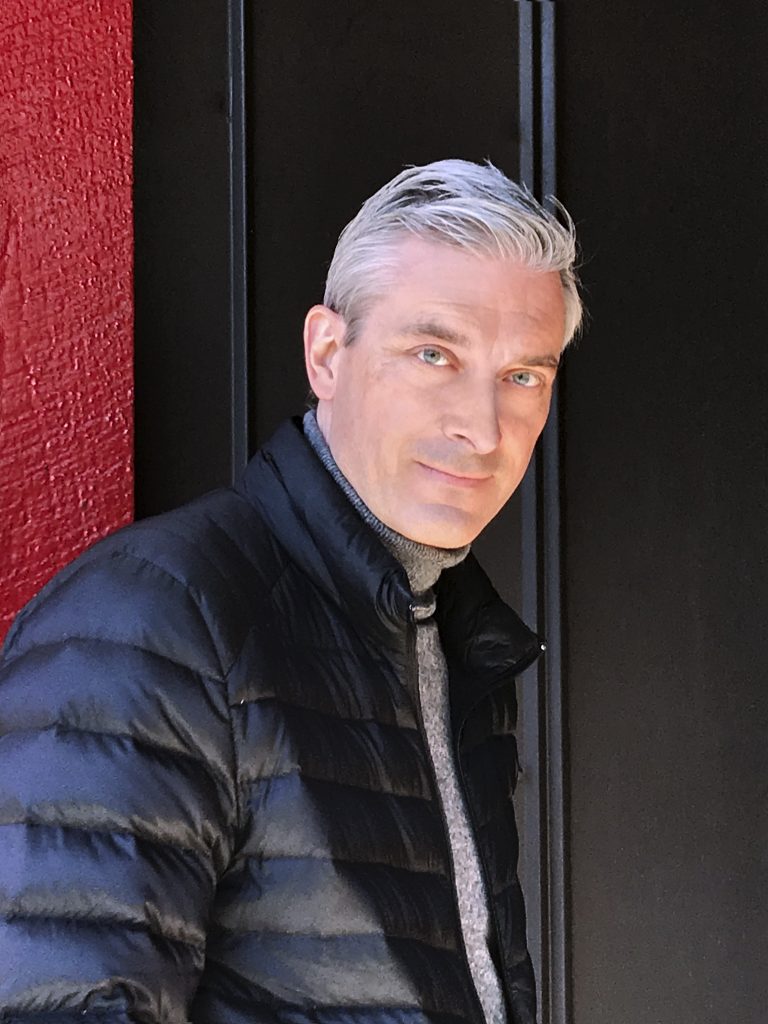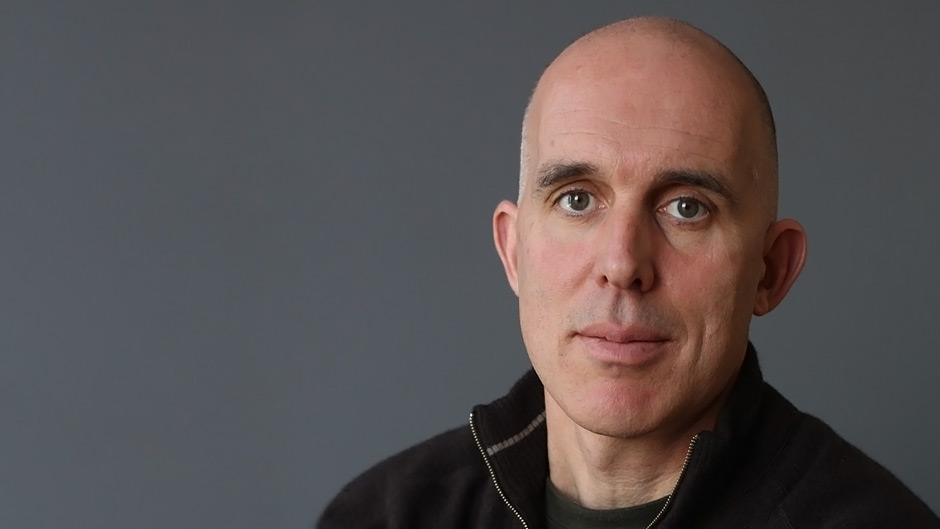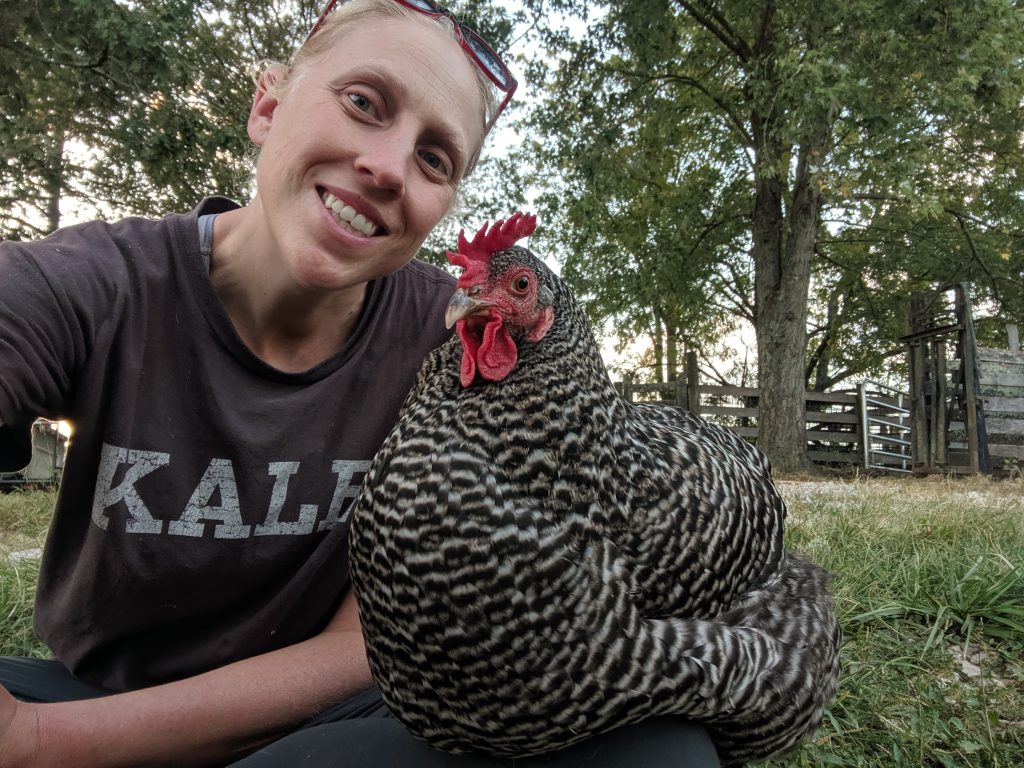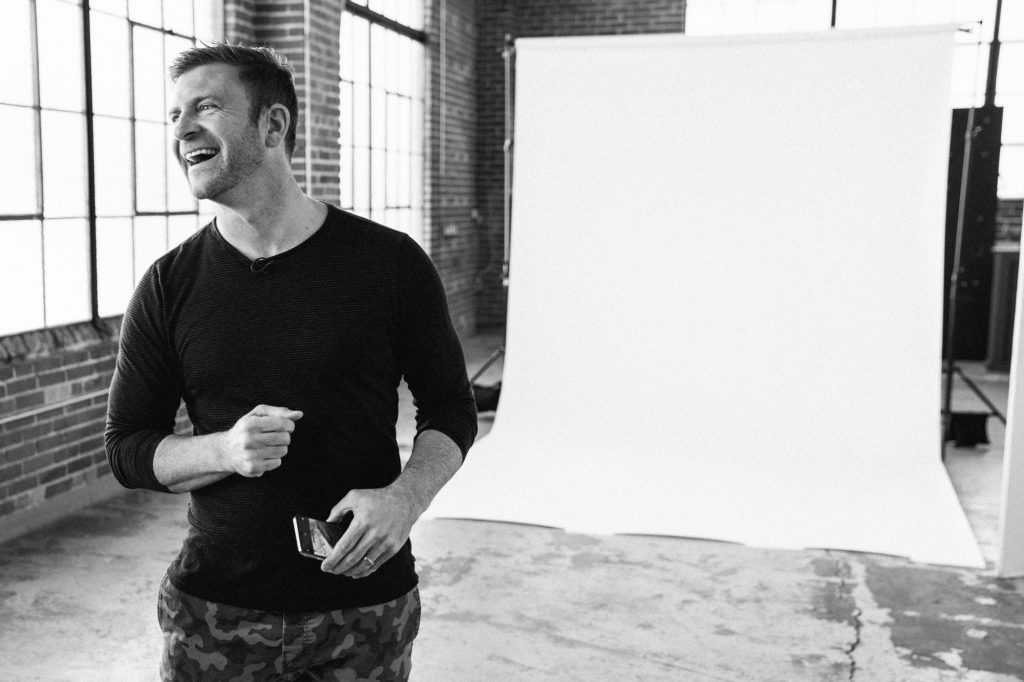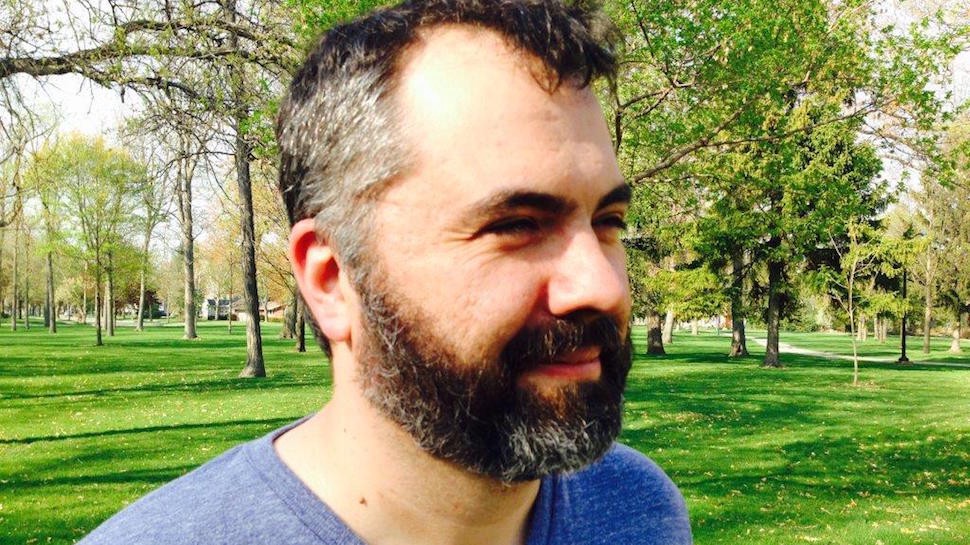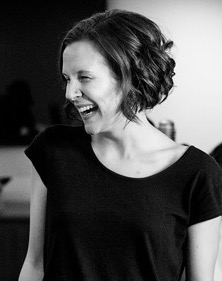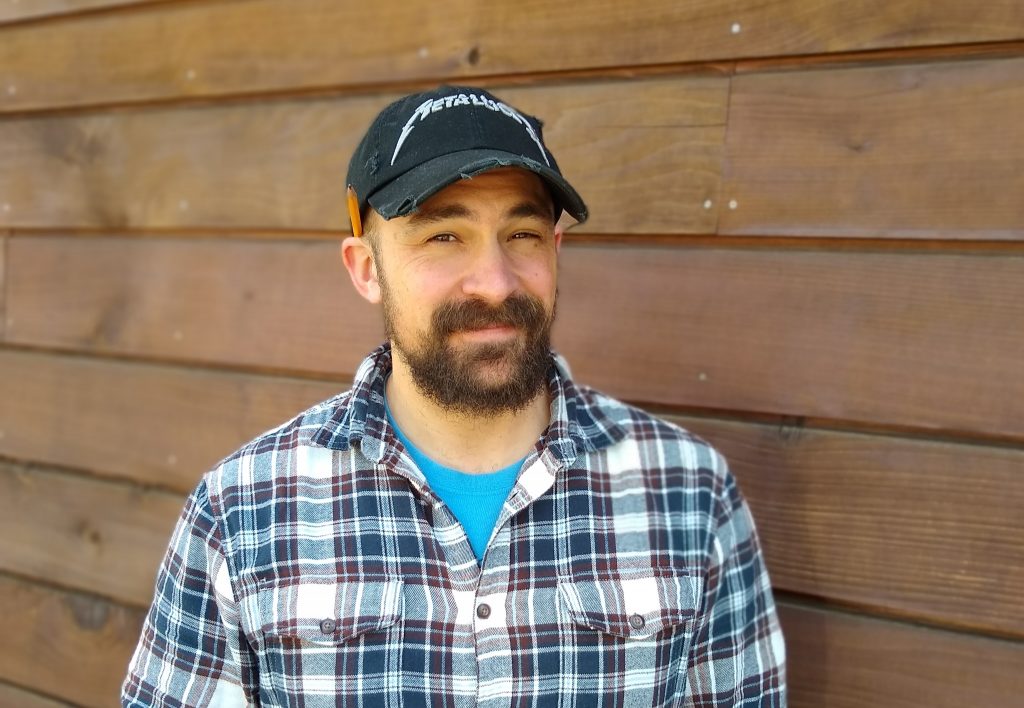
Happy 2020, CNFers!
You might be wondering, what the riff? Why isn’t there an interview in this slot right now?
Well, this happens, at times, when people cancel on me or miss their appointment and my scrambling to fill the time slot comes up empty. In the creative vaccum that is the time in and around Christmas and New Years, it’s often a losing battle.
My advice to you is, maybe check out some of the interviews that have accumulated in your feed. There’s no shortage. A new interview will be here next week with Kristina Gaddy, and we’ve got exciting ones coming down the pipeline with Tim O’Brien, Pamela Coloff and Rachel Aviv, just to name a few.
Also, in my effort to better serve you, the listener, I’d love to know what I could be doing to better address your needs as a creator in this genre. Do you like the origin questions? Do you like the tactical stuff? Would you like things to stay the same? Am I hitting the right beats that make you energized about your own work? This podcast is for you. I make this for you. Without you there is no CNF. I want to make a show worth sharing and it’s only worth sharing if you are able to add those valuable insights to your cart and check out better for it. So please email the show creativenonfictionpodcast at gmail . com or brendan at brendanomeara . com with your insights. It doesn’t have to be long, but as the show enters its eighth year, I want to make sure I haven’t lost touch with the people who matter most: you.
But this is also a time for me to share a great quote from Charles Bukowski about writing and it goes to the heart of what I think it means to be a writer and an artist.
He writes,
Too many writers write for the wrong reasons. They want to get famous or they want to get rich or they want to get laid by the girls with bluebells in their hair. When everything works best, it’s not because you chose writing but because writing chose you. It’s when you’re mad with it, it’s when it’s stuffed in your ears, your nostrils, under your fingernails. It’s when there’s no hope but that.
He goes on … then says:
It was cancer madness. And it was never work or planned or part of a school. It was. That’s all. We work too hard. We try too hard. Don’t try. Don’t work. It’s there. It’s been looking right at us, aching to kick out the closed womb. It’s all free, we needn’t be told. Classes? Classes are for asses. Writing a poem is as easy as beating your meat or drinking a bottle of beer.
So, as we approach this new year, maybe we don’t need to overthink it. We don’t need permission from anyone. We don’t need another online class from a “master” who, by the way, didn’t need an online class to do the work she’s so famous for. If we approach the work with generosity and rigor, and put our best word forward every time, then that’s the victory.
When four guys in northern california got together and started playing heavy metal music, sure, they had dreams of going out on the road, but it always about the music in that garage. Those guys, give or take because one got booted out of the band and one died in a bus crash, made it because they had always made it.
We make it in this business when we decide. There’s no arrival. Malcolm Gladwell is jealous of Michael Lewis.
So, we make it when we decided to arrive. I hope you decide right now to own it. Own the title. Own your shitty work. It won’t be shitty for long.
I wish you the best arrival in 2020 and beyond. Let’s get after it this year.
